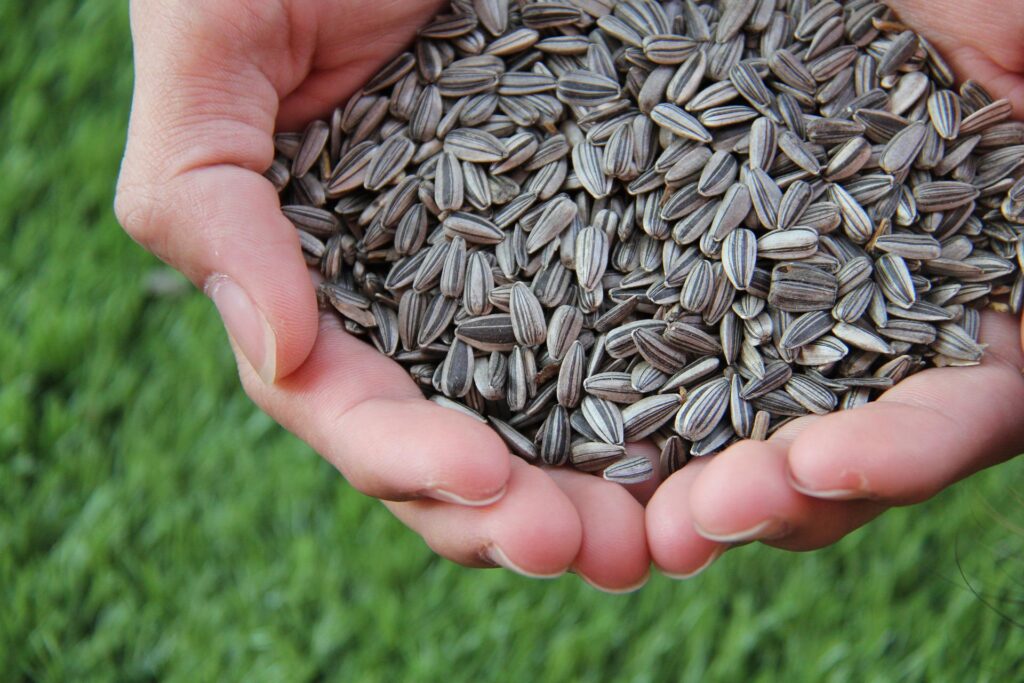Flax seed is the seed of the flax plant, an annual herbaceous plant, belonging to the flax family. The Latin name of flaxseed is Linum usitatissimum L. which means very useful. It has two basic varieties: brown and yellow or golden.

One tablespoon-7g of ground flax seed contains 37 calories, 1.3g of protein, 3g of fat and 2g of carbohydrates. Almost all carbohydrate in flax seed is dietary fiber, so the net carbohydrate is only 0.1g. Of all fat in flaxseed (approximately 30%), 53% are α-linolenic acid (omega-3), 17% linoleic acid (omega-6), 19% oleic acid (omega-9), and remaining saturated fat, which provides an excellent omega 6: omega 3 fatty acid ratio of approximately 0.3:1. The omega 3 fatty acids (alpha linolenic acid) content of a tablespoon of ground flax seed is 1,597 mg which makes it one of the richest sources of omega-3 in plant-based food (1) (2).
Because of these extraordinary components, it has gained huge popularity nowadays and often termed as ‘superfood’. Flax seeds have been used since centuries for several health conditions and has a huge role in traditional medicine. Besides its excellent nutritional profile, flax seed is also shown to have myriad of benefits in several disease and health conditions.
One of which is, its role in hypertension.
High blood pressure is a major health burden associated with the increased risks of heart, brain, kidney, and other diseases (3). A study* shows that patients who ingested a variety of foods that contained 30 g of milled flaxseed over 6 months were found to have decreased blood pressure as compared to group that did not consume flax seeds. The presence of omega 3 (ALA), lignans, fiber, peptides, or a synergistic action of all 4 components together are considered to be the reasons for decreased blood pressure (4). Consumption of flax seeds has shown to reduce high blood pressure in many other animal and human studies (5). Thus, consumption of flax seed can be a cost-effective way to reduce the burden of hypertension among risk groups.
*Prospective, Double Blind, Placebo- Controlled, Randomized Trial










